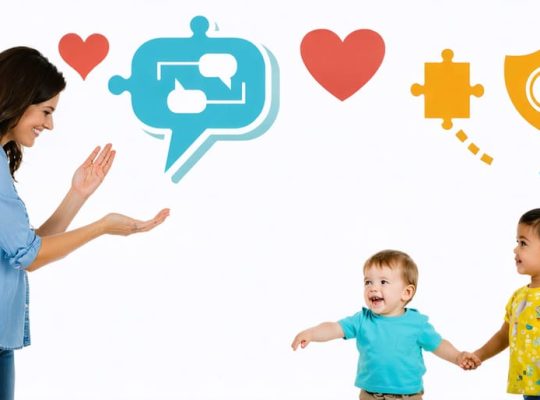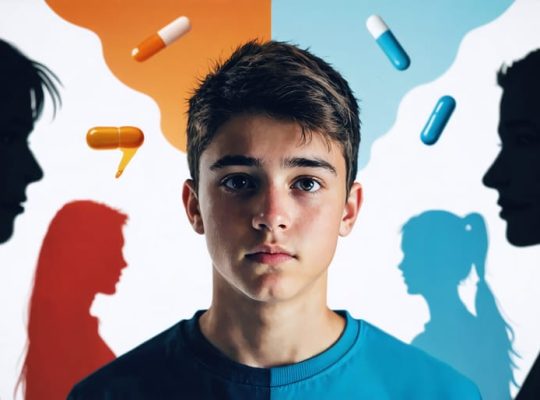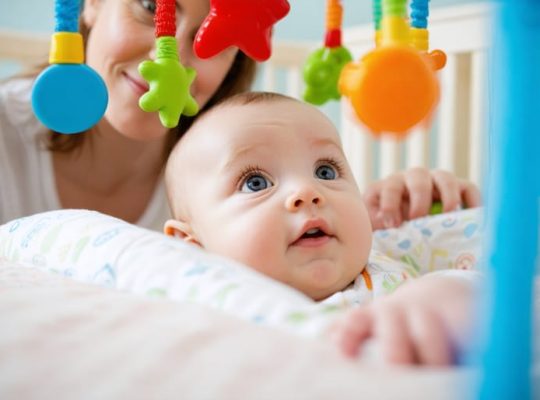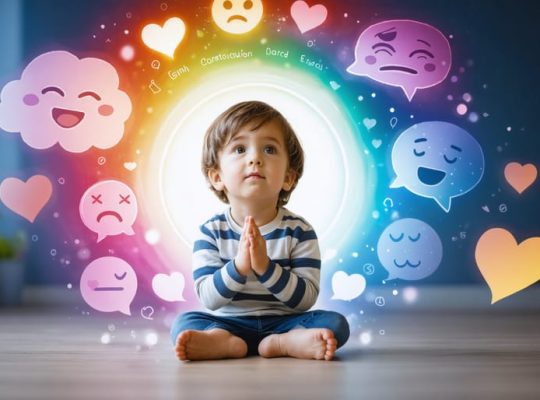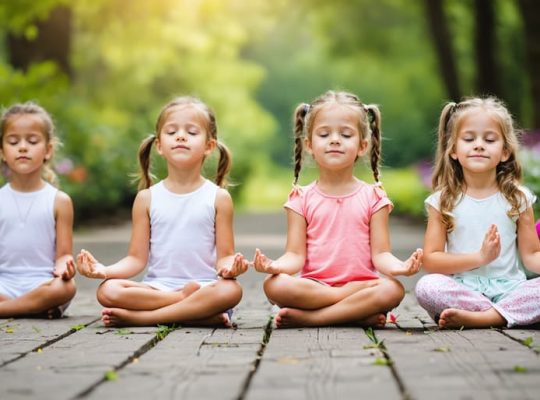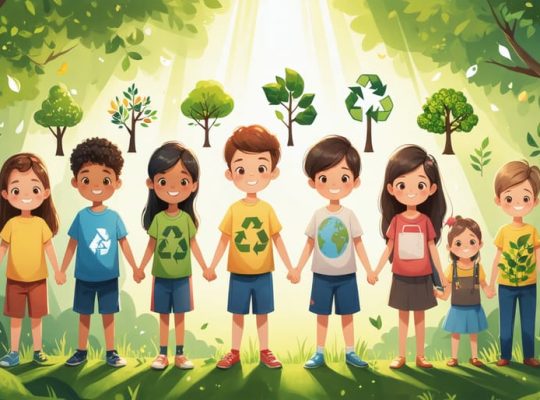Help Your Child Through Crisis: A Parent’s Guide to the 4-Step Intervention Model
When a child faces a mental health crisis, knowing the right mental health crisis techniques can make the difference between escalation and successful intervention. The 4-step crisis intervention model provides parents and caregivers with a clear, systematic approach to supporting children through their most challenging moments.
This evidence-based framework has helped countless families navigate acute emotional distress, from severe anxiety attacks to overwhelming behavioral outbursts. Whether you’…

